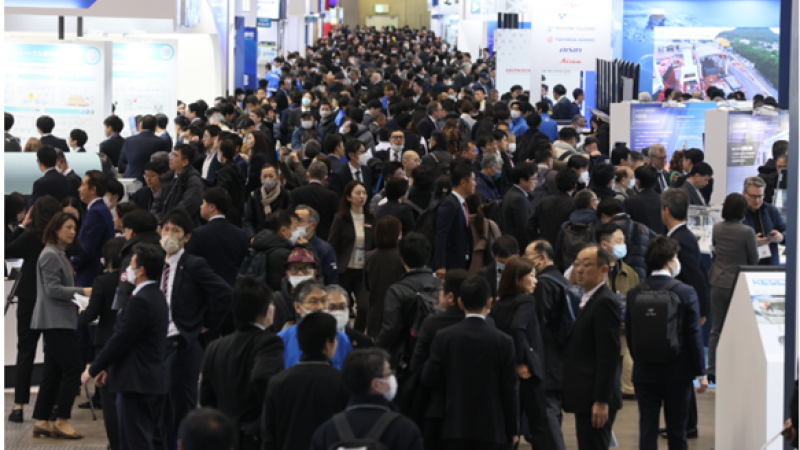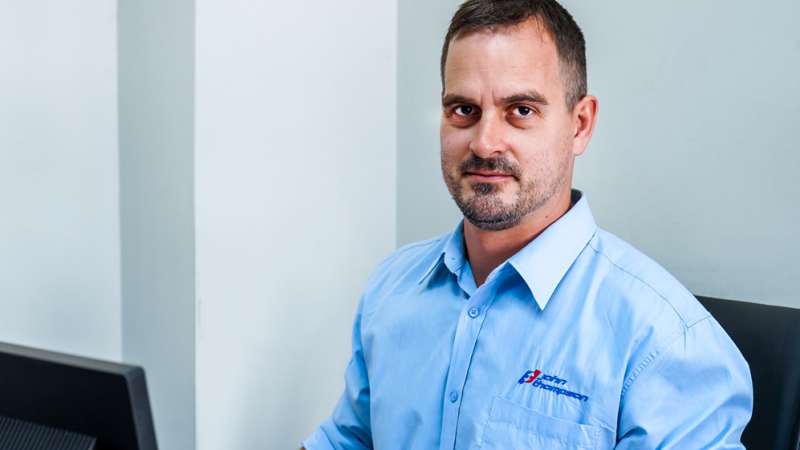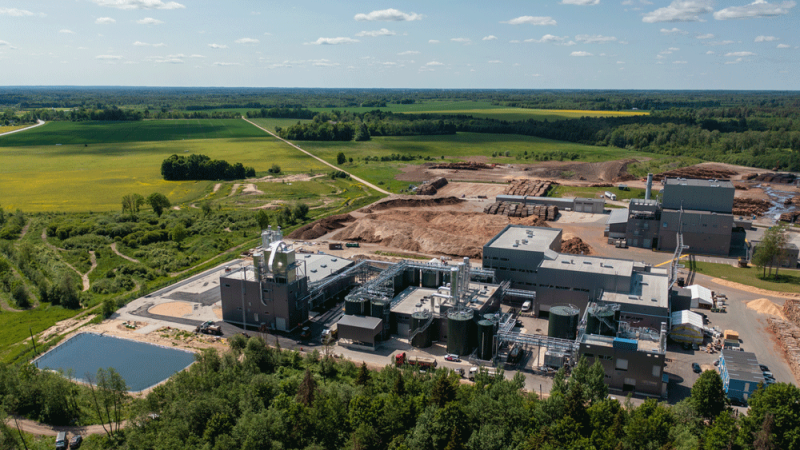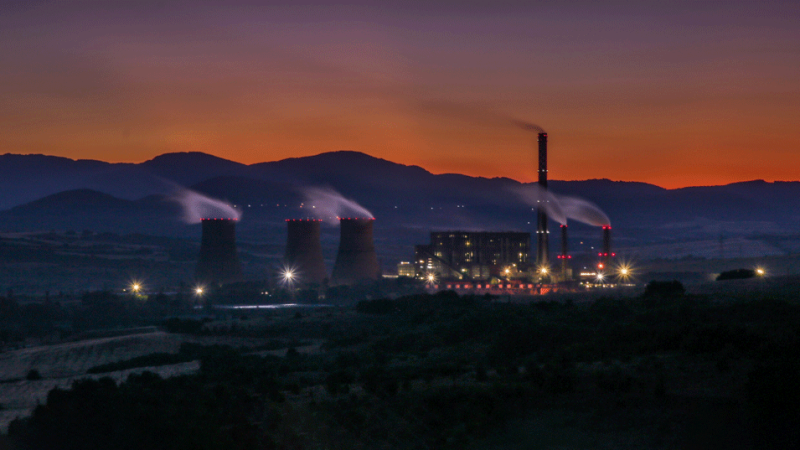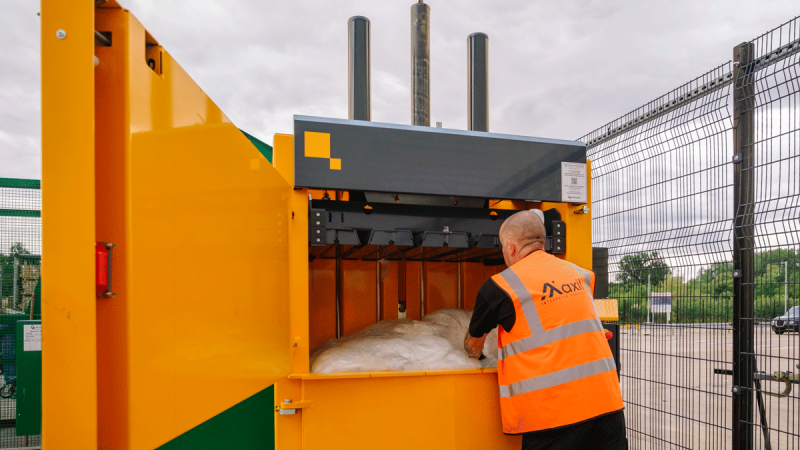Malawi has a population of over 20 million people, with an economy worth more than $7.5 billion and all of those people and businesses need power. That is the mission of the Electricity Generation Company (Malawi) Ltd, EGENCO. EGENCO is the state-owned company responsible for generating Malawi’s electricity. Originally part of the Electricity Supply Corporation of Malawi (ESCOM), in 2016 the country’s energy sector underwent major reforms leading to the firm being separated into three companies, one responsible for transmission, another acting as a single buyer buying from the other generators that was dissolved in 2022, and one responsible for generation. As the firm responsible for power generation, EGENCO occupies a foundational position in Malawi’s prospects for growth.
“We are responsible for generating power, which we sell to ESCOM, who sell it to the customers,” explains Dr Maxon Chitawo, Acting CEO of EGENCO. “We operate four hydropower stations, augmented by thermal generators when we face high demand.”
Of these core power stations, three are based along the Shire River in the southern part of the country, the Nkula, Kapichira, and Tedzani Power Stations. The fourth is a smaller plant, with a capacity of only 4.5 megawatts, Wovwe Power Station based on the Wovwe River in the Karonga District. Alongside these river plants, EGENCO operates thermal power plants in Lilongwe, Mzuzu and Mapanga, Blantyre. Overall, the company has a total installed generation capacity of 441.95 megawatts, with 390.55 megawatts from hydropower plants and 51.4 megawatts from standby diesel power plants.
With these facilities behind them, EGENCO has been able to position itself as the leader in power generation in Malawi.
“In Malawi, as the leading state-owned company, we generate most of the power that the grid uses,” Chitawo tells us. “There are other players in the sector, with smaller capacities drawn from solar generation. Together they add a total of 101 megawatts to the grid. Then there are two other companies generating power from hydro that provide less than ten megawatts. So, we are the leading company on the market, supplying 80% of Malawi’s energy. We anchor the grid because our systems are bigger. That is the reason that we are the leading company power generator for Malawi today.”
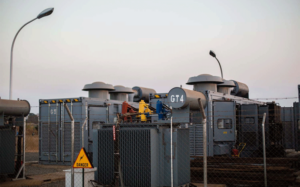 A Vision of Growth
A Vision of Growth
But just because EGENCO is the leading power generator in the country does not mean that it is happy to stop there. In our conversation with Chitawo, it is clear that he has plans for growth far beyond what EGENCO has already achieved.
“Currently the key challenge is to expand our generation capacity,” he tells us. “We want to finance new projects. There are so many sites that we believe have the potential for hydropower generation. Hydropower is a capital-intensive source of power, but if you make the necessary investment to develop it, hydro plants can run for a much longer period – often as much as 40 years.”
But to unlock that long-term potential, EGENCO needs capital, a great deal of capital, and that is the challenge that Chitawo is setting out to meet. However, it is only one of the ways that EGENCO is seeking to generate the capacity that meets Malawi’s needs.
“Our tariff is lower compared to other companies in the region, and we are able to network and utilise systems to recover what we invest in the system,” Chitawo tells us. “We are currently looking at two or three different ways to expand capacity. We are looking for partners and investors who will work with us and invest in power generation for Malawi. We are interested to hear from anyone willing to discuss joint ventures or public-private partnerships to build new power stations. We are also looking to talk with institutions who can lend us money. The government can guarantee our loans, and we will be able to quickly pay back what we borrow once we start selling power.”
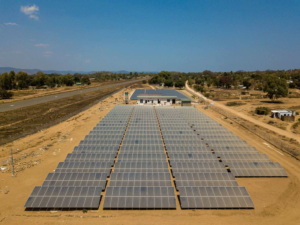 An Energised Team
An Energised Team
In pursuit of Chitawo’s growth agenda, EGENCO places a great deal of value on its team. In the company’s long history, it has always had a very low staff turnover, as the firm sees its people as much of an investment as its power plants.
“When we recruit people, they stay with us,” Chitawo says. “We source many of our staff, particularly engineers, through our universities in Malawi. Our public universities run engineering programmes, and we have other universities training people in renewable energy systems. These recruits fit our culture very well, because they have been trained by institutions that work closely with us.”
The work does not stop there, however. The training the recruits have had before they join EGENCO is only a foundation for a career of learning.
“Once people have come into the company, we frequently send them for further training,” Chitawo says. “We send our engineers to places such as Zambia, Ghana, Egypt and even India for further training, which can run for approximately one to three weeks.”
That knowledge will be brought to bear to realise EGENCO’s mission to further grow Malawi’s electricity production capacity. But for Chitawo this is not just about capacity for the capacity’s sake. He believes it is the key to unlocking the potential of Malawi’s economy.
“Currently we are not yet at 1 gigawatt capacity, and that is affecting our economic growth,” Chitawo tells us. “You cannot grow and thrive in the dark. Energy is an enabler for economic growth.”
The goal is simple. Generate more electricity to sell into the grid, so that Malawi’s businesses can use that energy to grow its businesses, power its projects, and create a better future for Malawi as a whole.
“We want to grow capacity to meet the demand and ensure our country can find enough power to do business. That is our mission now.”



